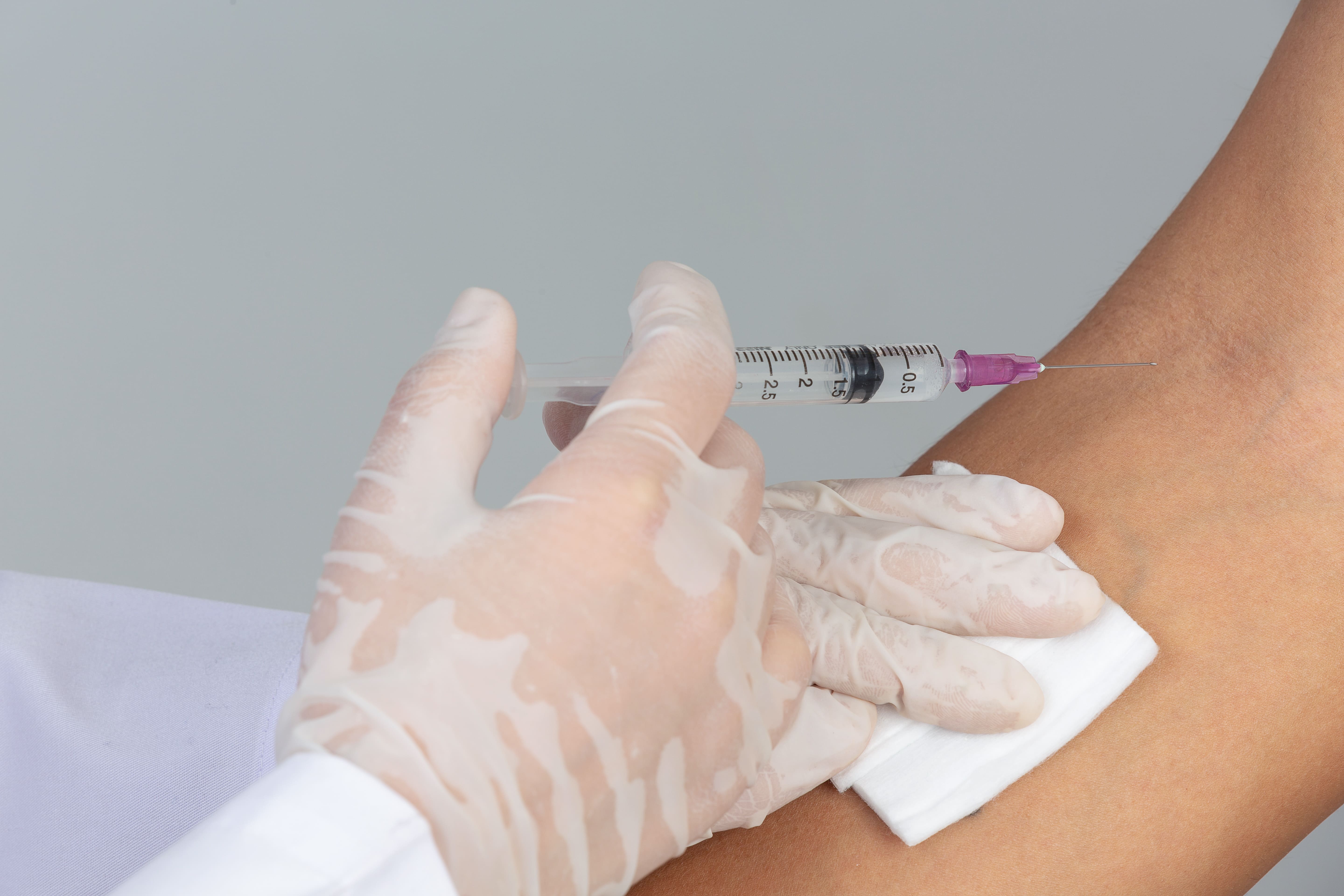A Complete Blood Count (CBC) is a common blood test that evaluates overall health and detects a wide range of disorders, including anemia, infection, and leukemia. It measures various components of the blood, such as red blood cells, white blood cells, hemoglobin, and platelets. By providing detailed information about the blood's cell counts, the CBC helps doctors diagnose and monitor health conditions effectively.
Complete Blood Count (CBC)

Basic Metabolic Panel (BMP)
A Basic Metabolic Panel (BMP) is a blood test that measures essential chemical levels in the blood, including glucose, calcium, and electrolytes such as sodium, potassium, and bicarbonate. It helps assess kidney function, blood sugar levels, and the body's electrolyte balance. The BMP is commonly used to monitor conditions like kidney disease, diabetes, and dehydration.

Lipid Profile
A Lipid Profile is a blood test that measures the levels of different types of fats in the blood, including total cholesterol, LDL (bad cholesterol), HDL (good cholesterol), and triglycerides. It is used to assess the risk of heart disease and monitor cholesterol levels for individuals with cardiovascular conditions. Regular lipid profile testing helps in managing and preventing heart-related health issues.
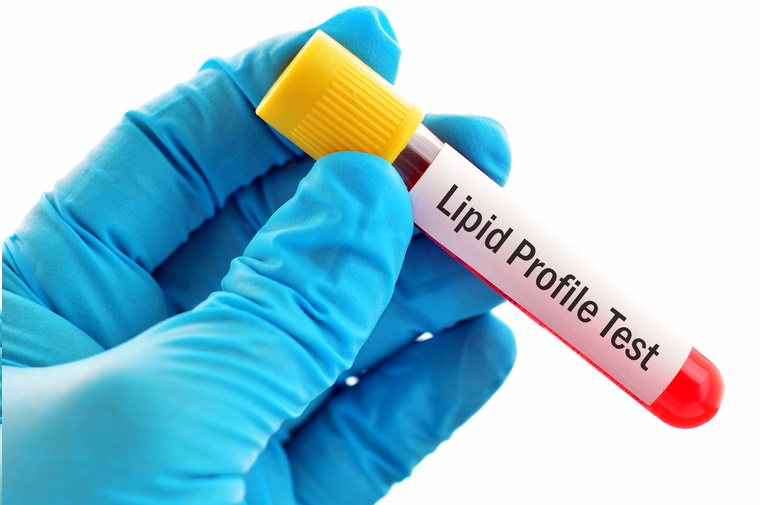
Thyroid Function Tests
Thyroid Function Tests are a series of blood tests that measure the levels of thyroid hormones, such as TSH (Thyroid Stimulating Hormone), T3, and T4. These tests help evaluate the function of the thyroid gland, which regulates metabolism and energy production in the body. Abnormal thyroid function can indicate conditions like hypothyroidism, hyperthyroidism, or other thyroid disorders.

Liver Function Tests (LFT)
Liver Function Tests (LFT) are a group of blood tests that measure the levels of enzymes, proteins, and substances produced by the liver, such as ALT, AST, bilirubin, and albumin. These tests help assess the liver's health and function, detecting liver diseases like hepatitis, cirrhosis, or liver damage. LFTs are commonly used to monitor patients with existing liver conditions or those at risk for liver-related issues.
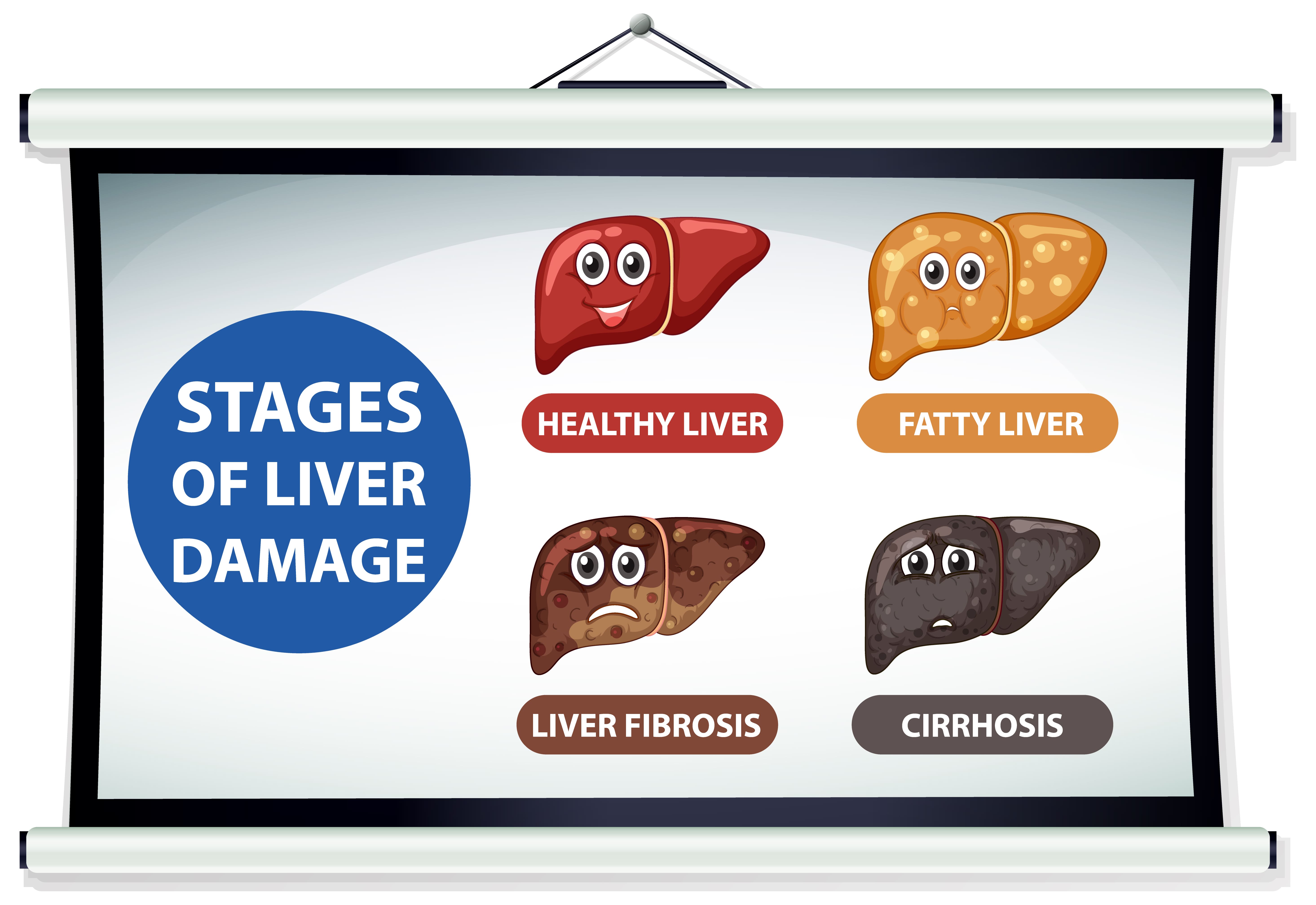
Gestational Diabetes Screening (OGTT)
Gestational Diabetes Screening, often done using the Oral Glucose Tolerance Test (OGTT), checks for high blood sugar levels during pregnancy. In this test, the patient drinks a glucose solution, and blood samples are taken at intervals to measure how the body processes sugar. It helps diagnose gestational diabetes, which can affect the health of both mother and baby if not managed properly.

Vitamin D Test
A Vitamin D Test measures the level of vitamin D in the blood, primarily 25-hydroxyvitamin D, to assess bone health and calcium absorption. Low levels can lead to bone disorders like rickets or osteoporosis, while high levels may cause toxicity. This test helps diagnose deficiencies and monitor vitamin D supplementation.

Iron Studies
Iron Studies are a group of blood tests that evaluate the amount of iron in the body and how well it is being used. These tests typically include serum iron, ferritin, transferrin, and total iron-binding capacity (TIBC). They help diagnose conditions like iron deficiency anemia or iron overload disorders such as hemochromatosis.

HIV Test
An HIV Test detects the presence of the Human Immunodeficiency Virus (HIV) in the body, which attacks the immune system. There are different types of tests, including antibody tests, antigen/antibody tests, and nucleic acid tests (NAT), depending on how soon after exposure the test is taken. Early diagnosis through HIV testing is crucial for starting treatment and preventing transmission.

Blood Culture
A Blood Culture is a test used to detect the presence of bacteria or fungi in the bloodstream, indicating a serious infection such as sepsis. The test involves taking blood samples and incubating them to see if any microorganisms grow. It helps identify the specific cause of infection and guides appropriate antibiotic or antifungal treatment.

Hepatitis B and C Tests
Hepatitis B and C Tests are blood tests used to detect infections caused by the hepatitis B virus (HBV) and hepatitis C virus (HCV), which affect the liver. These tests look for specific antigens, antibodies, or viral genetic material to confirm current or past infection. Early detection is important for managing the disease, preventing liver damage, and reducing the risk of transmission.
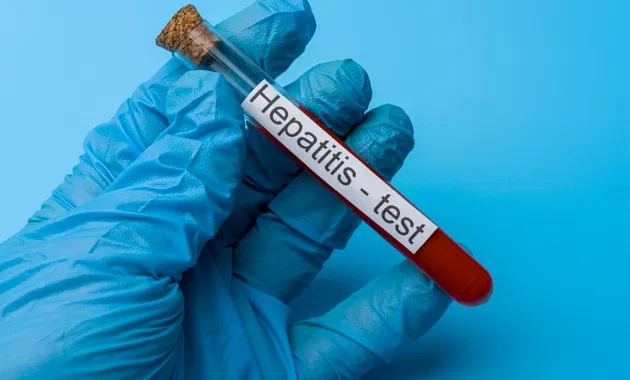
ECG (Electrocardiogram)
An ECG is a simple, non-invasive test that records the electrical activity of your heart over a short period. It helps detect irregular heart rhythms, previous heart attacks, and other cardiac abnormalities. The test is quick and painless, usually completed in just a few minutes. It is often the first step in evaluating symptoms like chest pain, dizziness, or shortness of breath.

ECHO (Echocardiography)
Echocardiography, or ECHO, uses high-frequency sound waves (ultrasound) to produce live images of your heart. It provides detailed information about the size, shape, and movement of the heart muscles and valves. This test is essential for diagnosing heart valve diseases, heart failure, and congenital heart defects. It is safe, non-invasive, and typically takes 30–45 minutes.

TMT (Treadmill Test / Stress Test)
The TMT is a controlled exercise test that evaluates how your heart responds to physical exertion. During the test, you walk on a treadmill while your heart rate, ECG, and blood pressure are continuously monitored. It is commonly used to detect blockages in the coronary arteries and assess exercise tolerance in patients with heart conditions. The test helps doctors decide on further treatment or interventions if needed.

PFT (Pulmonary Function Test)
PFT is a group of breathing tests that measure how well your lungs are functioning. It helps diagnose and monitor respiratory conditions like asthma, chronic bronchitis, COPD, and lung fibrosis. The test evaluates lung volume, airflow, and gas exchange efficiency. It is non-invasive, takes around 30 minutes, and is crucial for planning appropriate respiratory treatments.

Biopsy
A biopsy is a medical procedure where a small sample of tissue is removed from the body for microscopic examination. It is used to diagnose conditions such as cancer, infections, or inflammatory diseases. Depending on the site, it can be performed with a needle, endoscope, or minor surgery. The results provide vital information that helps guide the right course of treatment.
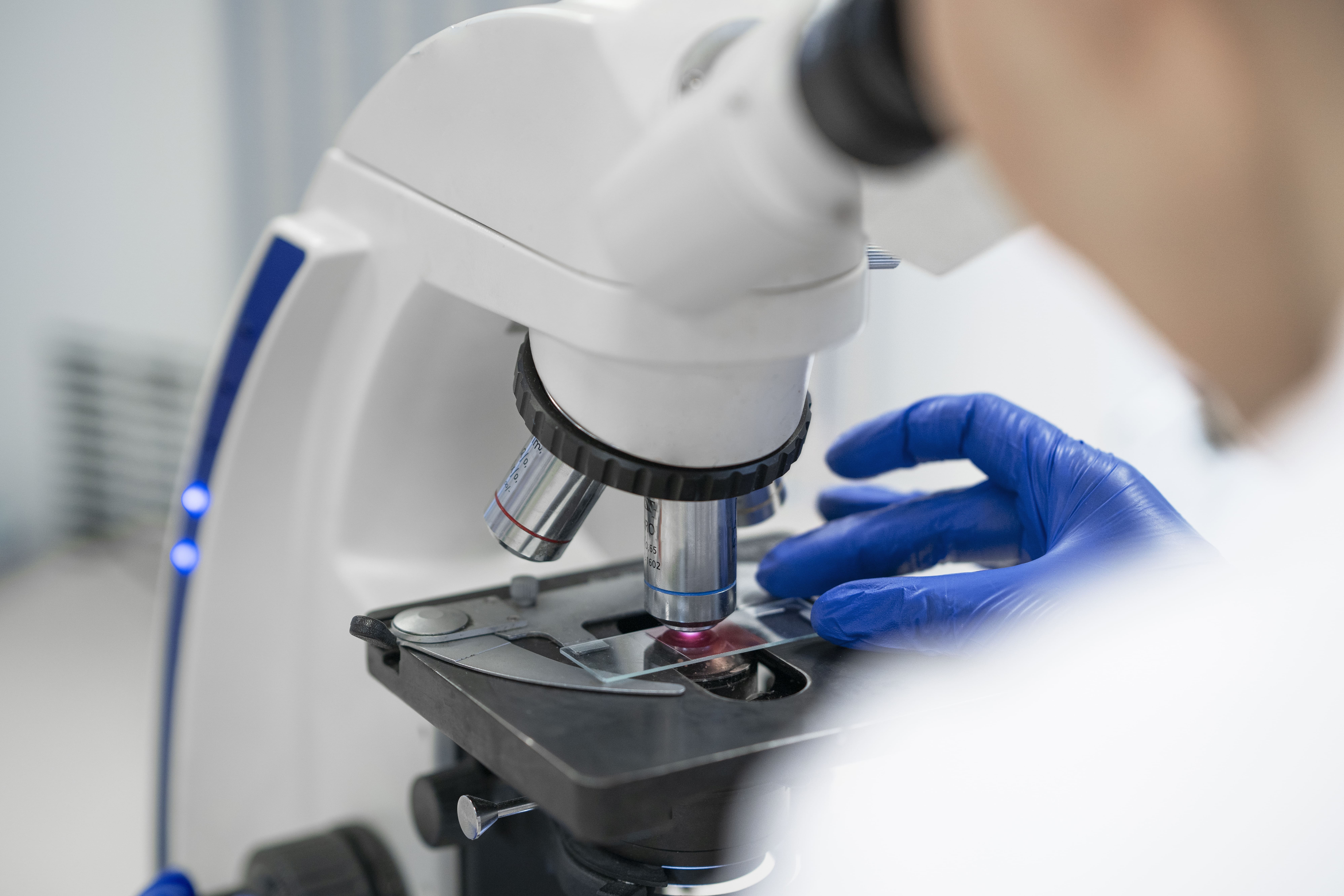
FNAC (Fine Needle Aspiration Cytology)
FNAC is a minimally invasive diagnostic test used to evaluate lumps or swellings in the body. A thin needle is inserted to extract a small amount of fluid or tissue for microscopic analysis. It is commonly performed on the thyroid, breast, lymph nodes, or soft tissue swellings to detect infections, cysts, or tumors. FNAC is quick, safe, and usually requires no anesthesia or recovery time.
